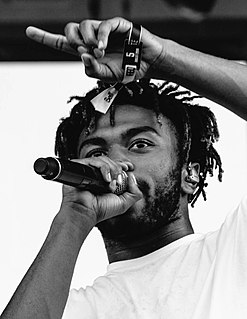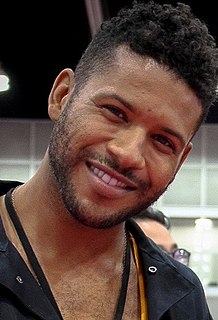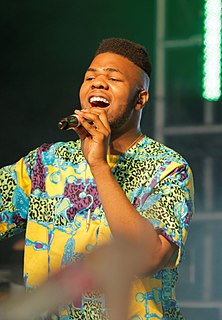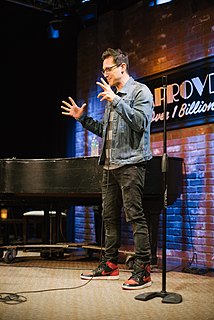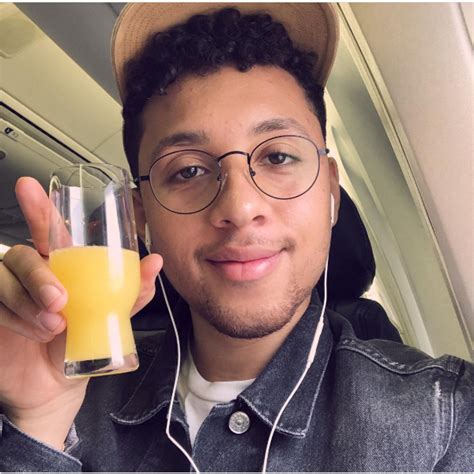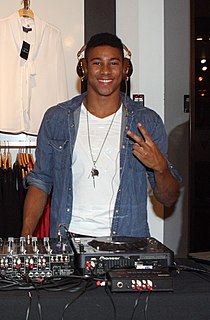A Quote by Bob the Drag Queen
For me, I think it's important to spread Black queer joy and acknowledge Black queer excellence and the achievements that have been made by my people, specifically meaning Black queer people.
Quote Topics
Related Quotes
People often ask me why I choose to primarily play queer characters, and my answer is that as a queer man, I choose to align myself with projects in which I can be of service for a purpose greater than myself: to be for an audience of queer people of color, something I didn't have the privilege of seeing as a young man.
A lot of artists I like end up being queer. Or maybe it's a subconscious thing that you can identify of, like, 'Oh this person understands the nuances of the romantic narrative of a queer person, or the social narrative of a queer person.' And then you discover, lo and behold that they are a queer person.
I read everything and anything related to being queer. I found solace in reading authors like Audre Lorde and bell hooks, who would become my activist staples - their words helped me grow up and taught me how to be bold and courageous. By studying them, I came to understand that being young and queer and black would not be easy.
I knew marriage was not the answer to changing the conditions for poor, black, queer folks. So I never felt compelled to get married - it just didn't seem important. But even if marriage wasn't right for me at the time, or a quick fix toward black empowerment, I found it repulsive that loving same-sex couples were refused the right.

